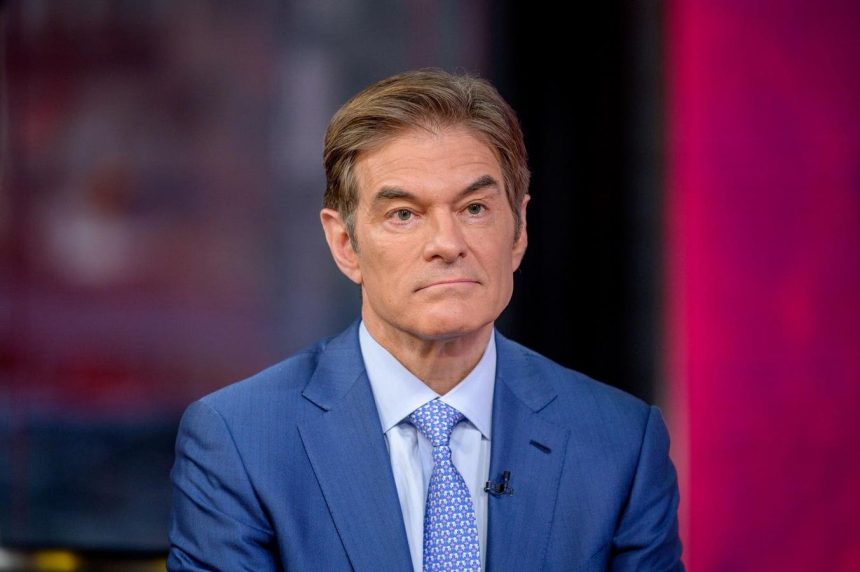Mehmet Oz, the celebrity doctor and television personality, is facing scrutiny regarding his financial holdings as he prepares for a potential leadership role at the Centers for Medicare & Medicaid Services (CMS). Trump has nominated Oz, who previously ran for a Pennsylvania Senate seat in 2022, to oversee a critical government agency responsible for the healthcare of over 160 million Americans. However, Oz’s financial disclosure for his Senate campaign reveals substantial investments in various healthcare stocks, including significant positions in UnitedHealth, CVS, AbbVie, and Johnson & Johnson, raising serious concerns about potential conflicts of interest as he may influence Medicare and Medicaid programming.
Oz’s portfolio reportedly includes over $280,000 in UnitedHealth, $50,000 in CVS, and additional stakes in other pharmaceutical companies, equating to millions of dollars. This investment landscape has raised alarms among ethics experts and watchdog groups, who question how Oz could impartially manage drug coverage programs under Medicare and Medicaid given his financial ties to these companies. Kedric Payne, an expert in political ethics, highlighted that decisions made by the CMS could directly impact the values of Oz’s holdings, thus benefitting him financially while potentially compromising the quality of healthcare for millions of Americans.
The stakes get even higher considering that Oz has a significant holding in Sharecare, the digital health and wellness platform he co-founded. His family’s investment in this company, which is set to be acquired by a private equity firm for $518 million, indicates a further complex layer of potential conflicts. Legal experts have pointed out that the Office of Government Ethics may need to step in, especially given that potential conflicts of interests are treated more stringently within the executive branch than in the legislative realm where he served during his Senate campaign.
Oz’s health-related endorsements and dubious claims have made him a controversial figure in the medical community. He has faced backlash for his promotion of unproven treatments during the COVID-19 pandemic and has been known to heavily commercialize healthcare advice on his television show. Despite his significant financial success stemming from both his medical career and marriage into a wealthy family, questions linger over whether he can navigate the intersection of personal investor interests and public health responsibly.
Though Oz lost the 2022 Senate race, his appointment by Trump necessitates Senate confirmation, posing another hurdle. Reports suggest that Trump may seek ways to expedite the process through recess appointments to bypass traditional oversight. However, as Richard Briffault from Columbia Law School notes, the future of these appointments and the adherence to established regulations remain uncertain under the current administration.
Finally, given the opaque nature surrounding the current status of Oz’s investments and the lack of a recent financial disclosure, concerns about accountability and transparency in his potential role at CMS persist. As he stands at the forefront of a critical moment in American healthcare, how he manages his personal investments will not only have implications for his professional integrity but also for the healthcare landscape affecting millions of Americans. The intertwining of celebrity, personal wealth, and public health governance raises essential discussions regarding the ethics of leadership in health-related federal agencies.



